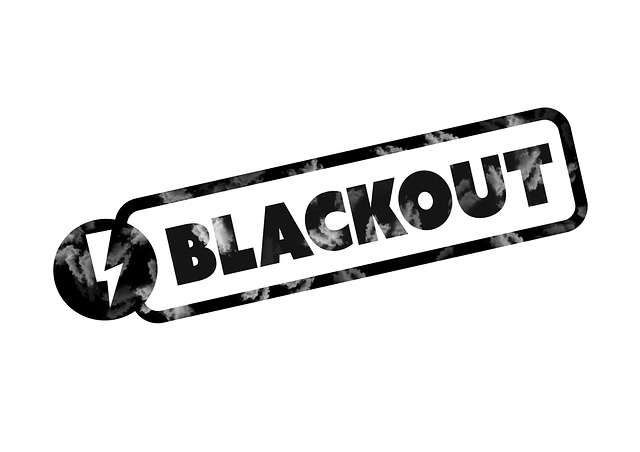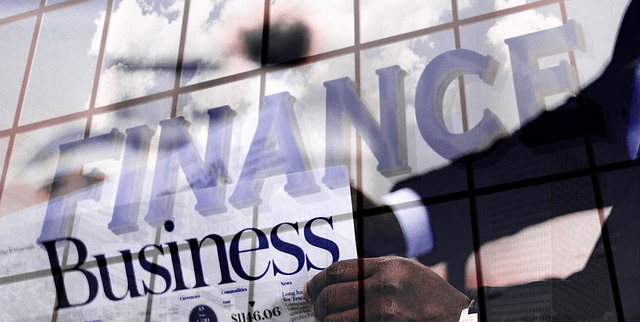Michaels Retail Blackout: Why America’s Favorite Craft Store Took a Day Off
Introduction
When word spread about the Michaels Retail Blackout, shoppers across the U.S. were left scratching their heads. The go-to store for everything arts, crafts, and DIY suddenly went dark — doors locked, lights off, and a sign saying the store was closed.
But this wasn’t an accident, nor was it a system crash or power failure. It was a planned pause.
In a world where most retailers fight tooth and nail to stay open longer and sell harder, Michaels did something different — they stopped. For one whole day.
So, what really happened? Why would one of America’s biggest craft chains choose to shut down its stores? And what does that tell us about where retail is heading? Let’s unpack the story behind the Michaels Retail Blackout.
Who Is Michaels?
Before diving in, let’s talk about Michaels itself. Founded in 1973, Michaels has grown into North America’s largest arts and crafts retailer, with more than 1,200 stores across the U.S. and Canada.
For decades, it’s been the ultimate stop for anyone who loves creativity — from school projects and home décor to professional artists and crafters. Simply put, Michaels is more than a store; it’s part of America’s creative culture.
That’s why the decision to close all stores, even for a day, was a big deal.
What Is the “Michaels Retail Blackout”?
The term “Michaels Retail Blackout” refers to a company-wide shutdown — when every Michaels store across the country closes for a specific period, usually a day.
It’s not the first time a big retailer has done this, but it’s still rare. Most stores try to stay open 24/7 or as long as possible, especially around holidays.
So when Michaels announced their retail blackout, it instantly sparked curiosity — and plenty of social media buzz.
Why Did Michaels Close Its Stores?
There isn’t just one reason behind the Michaels Retail Blackout — there are several. And together, they paint a pretty refreshing picture of what a modern, people-first company looks like.
1. To Give Employees a Real Break
Retail work isn’t easy. Long hours, endless customer interactions, and hectic holidays can be exhausting. By shutting down for a day, Michaels gave every employee — from cashiers to managers — a well-deserved rest.
It wasn’t just about a day off; it was about acknowledging their hard work.
2. To Honor the Holiday Spirit
Many retail blackouts happen around big holidays like Thanksgiving, Easter, or Christmas, when employees often have to work while everyone else celebrates.
By closing all stores, Michaels let its staff enjoy those moments with family — something that means a lot in today’s fast-paced world.
3. To Send a Message
The blackout wasn’t just a logistical move. It was a statement.
It showed that Michaels is willing to prioritize people over profit — something consumers and employees both appreciate in a brand.
4. To Reset Operations
Blackouts can also be practical. Sometimes, companies use that downtime to handle inventory checks, system upgrades, or training sessions — all things that are tough to manage while stores are open.
How Customers Reacted
The Michaels Retail Blackout caught many shoppers by surprise — especially those planning a last-minute project.
Some showed up at their local store only to find it closed, while others took to social media to ask what was going on. But overall, most reactions were positive.
Here’s what people said (and felt):
-
“I love that Michaels gave their staff a day off. That’s rare these days.”
-
“Guess I’ll have to finish my DIY project tomorrow!”
-
“Good for them. Everyone deserves a break.”
Sure, a few customers were disappointed, but many applauded Michaels for taking a stand. In an age where burnout is common, the gesture didn’t go unnoticed.
The Employee Experience
While the public discussed it online, inside the company, employees were thrilled.
Retail workers are often the unsung heroes of the shopping world. They handle crowds, stay on their feet all day, and keep operations running smoothly — even during holiday chaos.
For them, the blackout meant:
-
A full day to recharge.
-
Time with family or friends.
-
Feeling genuinely appreciated by their employer.
One employee posted on social media saying,
“I’ve worked retail for eight years, and this is the first time a company has ever done something like this. It feels amazing to be seen and valued.”
That kind of reaction says it all.
The Business Side of Things
Of course, closing hundreds of stores for a day doesn’t come without cost.
Let’s be honest — Michaels probably lost millions in sales during the blackout. But here’s the thing: sometimes short-term losses lead to long-term gains.
Here’s why the move made business sense too:
-
Better Employee Retention: Happy employees are more loyal. Less turnover means less hiring and training costs.
-
Positive Public Image: The blackout boosted Michaels’ reputation as a caring, employee-friendly company.
-
Brand Loyalty: Customers who admire ethical practices are more likely to stick around.
-
Operational Efficiency: A day off can help reset systems, update inventory, or clean up stores efficiently.
So while the cash registers didn’t ring that day, the company’s goodwill value skyrocketed.
The Broader Trend: Retailers Taking a Stand
Michaels isn’t alone in doing this. Over the last few years, many major retailers — like Costco, Target, and Hobby Lobby — have started closing their doors on big holidays.
Why? Because customers are starting to respect brands that respect their people.
We live in a time when consumers care about how a company treats its workers. Retailers that act responsibly — even if it means missing one day of sales — often gain more trust (and customers) in the long run.
Challenges Michaels Faced
Of course, no big decision comes without a few bumps.
Michaels had to deal with:
-
Customer confusion — some people weren’t aware of the closure.
-
Lost sales — especially from last-minute shoppers.
-
Logistical planning — organizing a blackout across 1,200+ stores isn’t easy.
But the company handled it well by communicating ahead of time through social media and email, ensuring that shoppers knew the closures were temporary and intentional.
What We Can Learn from the Michaels Retail Blackout
The Michaels Retail Blackout isn’t just about closing stores. It’s about changing the retail mindset.
It teaches us that:
-
A business can pause — and still thrive.
-
Valuing people pays off in the long run.
-
Transparency builds stronger customer trust.
-
Ethical decisions can be powerful marketing moves.
It’s proof that retail doesn’t have to be ruthless to be successful.
Looking Ahead
As the retail world evolves, we might see more companies following Michaels’ lead — prioritizing mental health, rest, and human connection.
Technology keeps stores running around the clock, but that doesn’t mean people can. Sometimes, the most powerful thing a brand can do is step back — even just for a day — to show it cares.
Conclusion
The Michaels Retail Blackout wasn’t a business failure — it was a bold act of humanity.
In a marketplace obsessed with constant hustle, Michaels reminded everyone that taking a break doesn’t make you weak — it makes you wise.
For employees, it meant rest.
For customers, it meant reflection.
And for the industry, it was a wake-up call — that maybe, just maybe, the best kind of growth starts when you take a moment to stop.














Post Comment